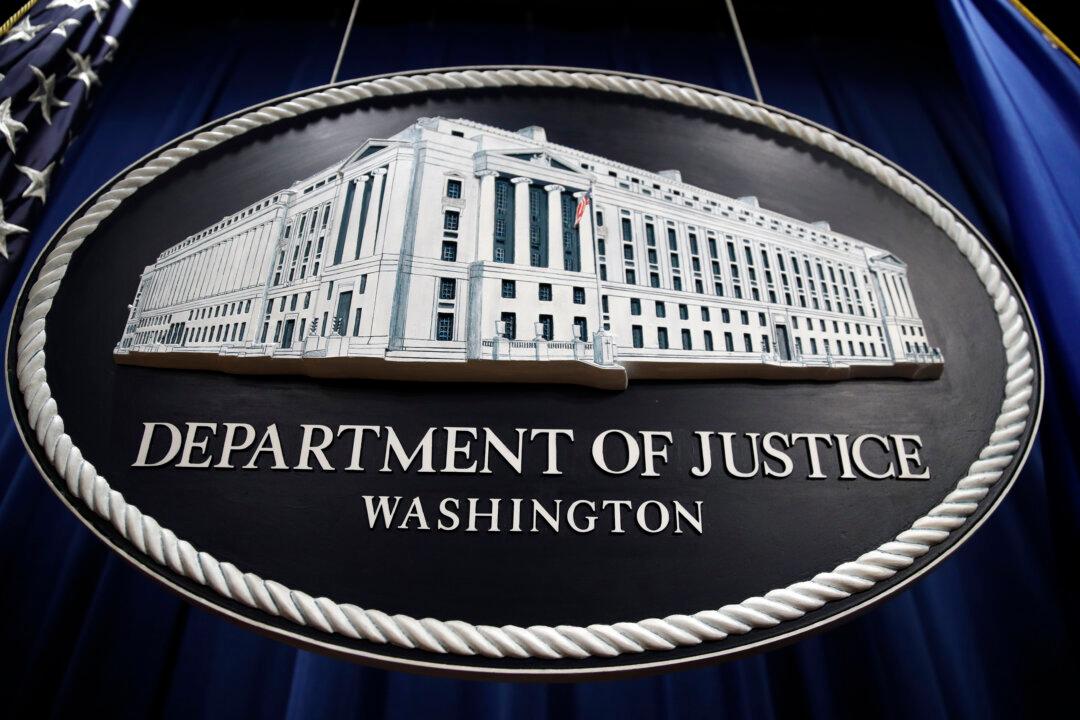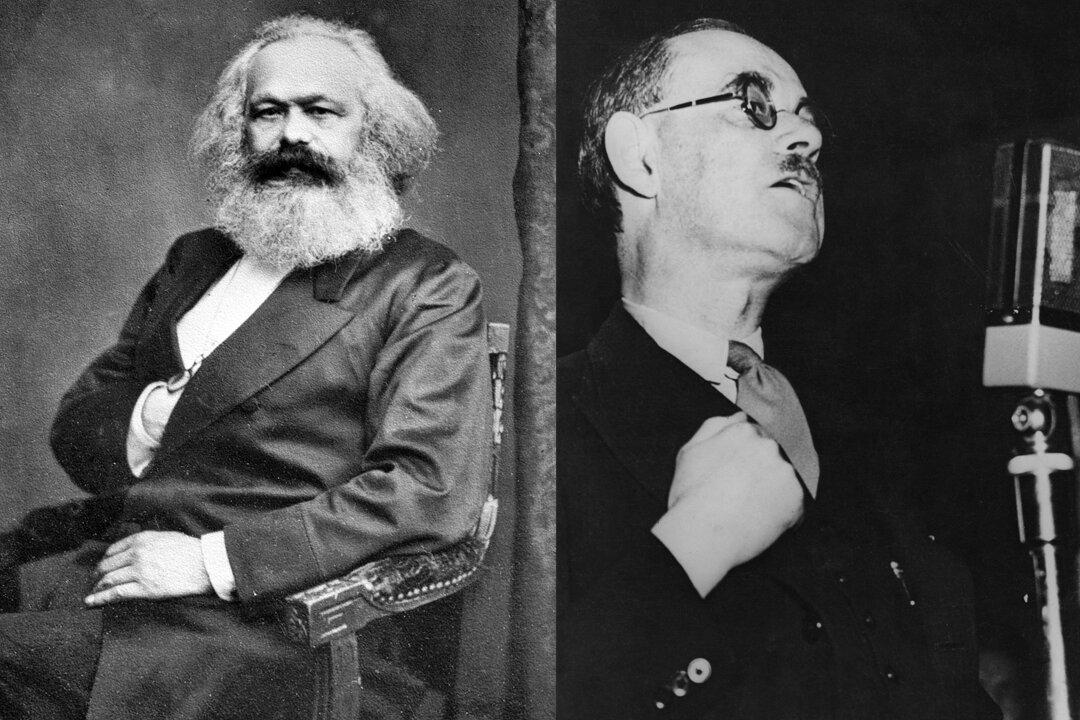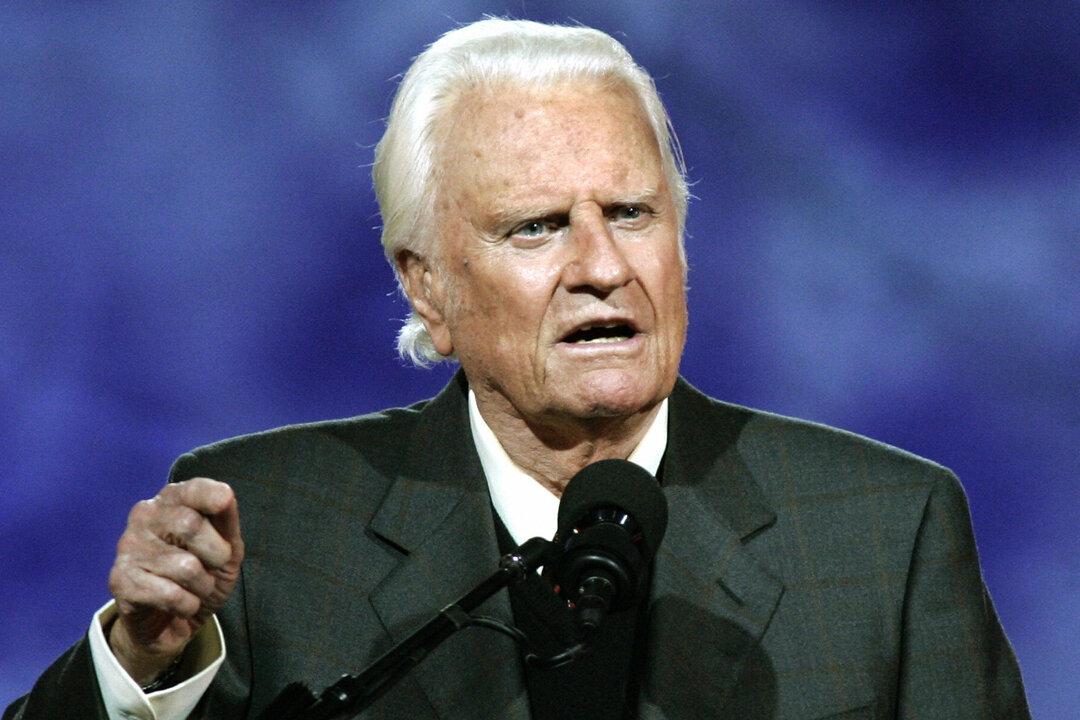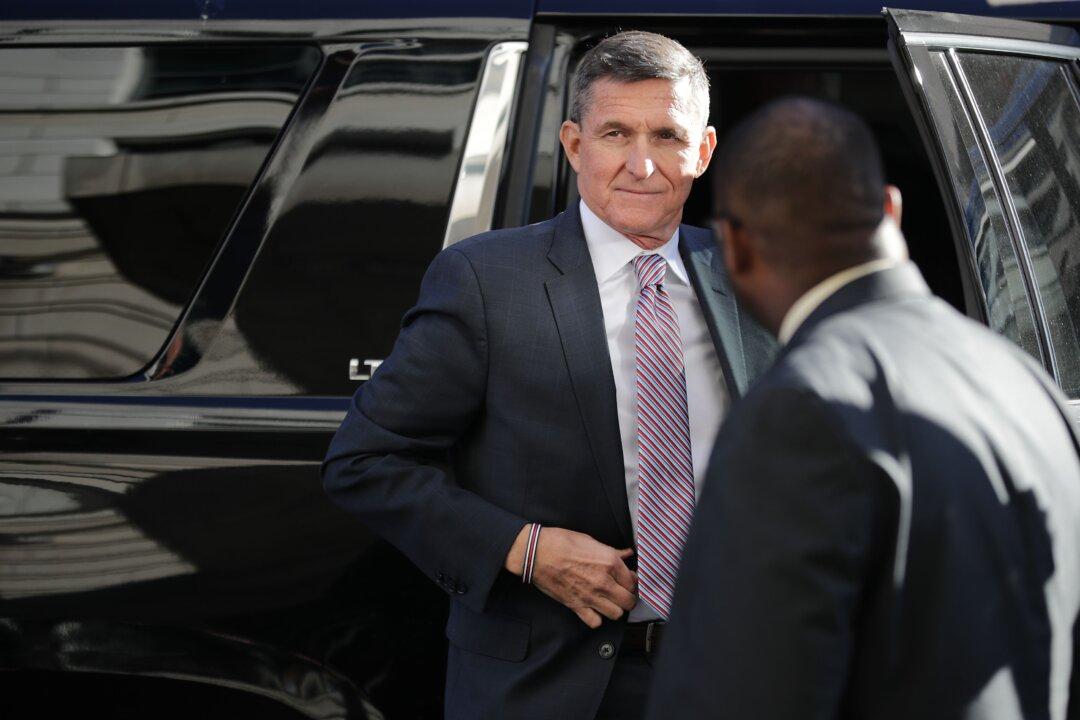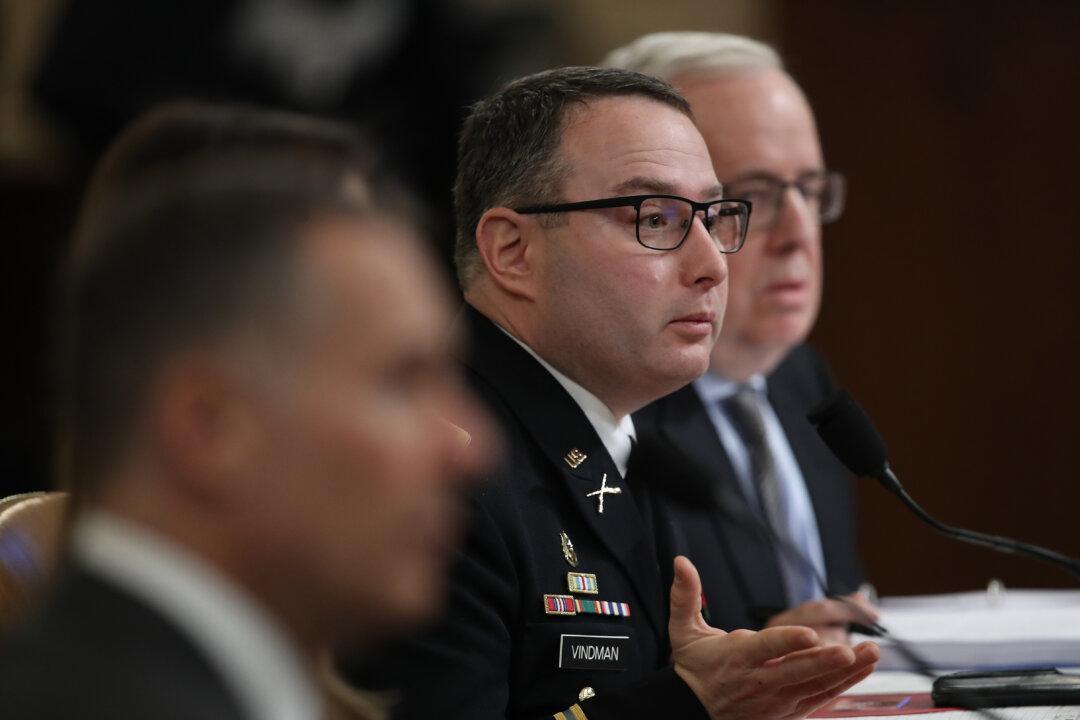Commentary
Once again, it was goosebumps for diehards when investigative reporter John Solomon told Fox News host Sean Hannity that U.S. Attorney John Durham was issuing subpoenas on behalf of a grand jury. Twitter pulses raced. Former CIA Director John Brennan was closer than ever to a rockpile in prison stripes, wasn’t he?
